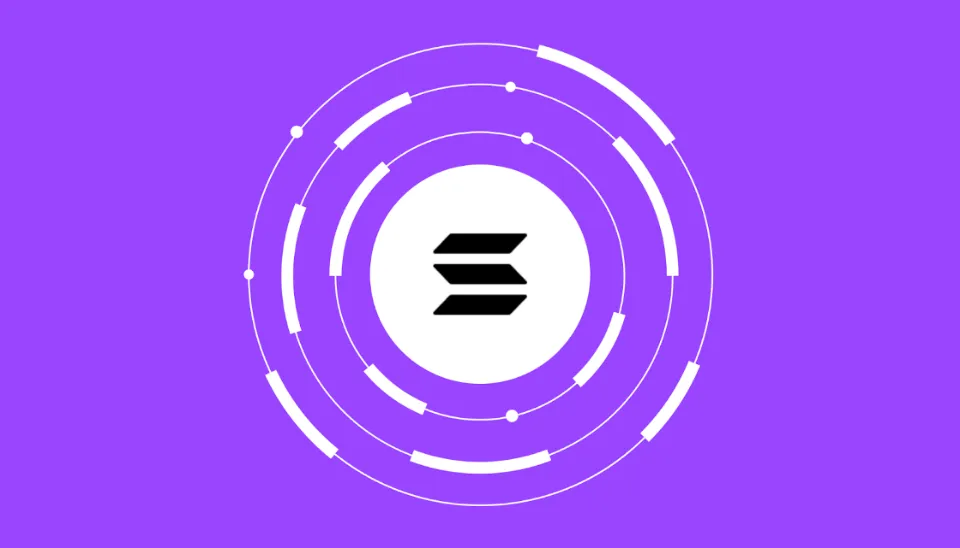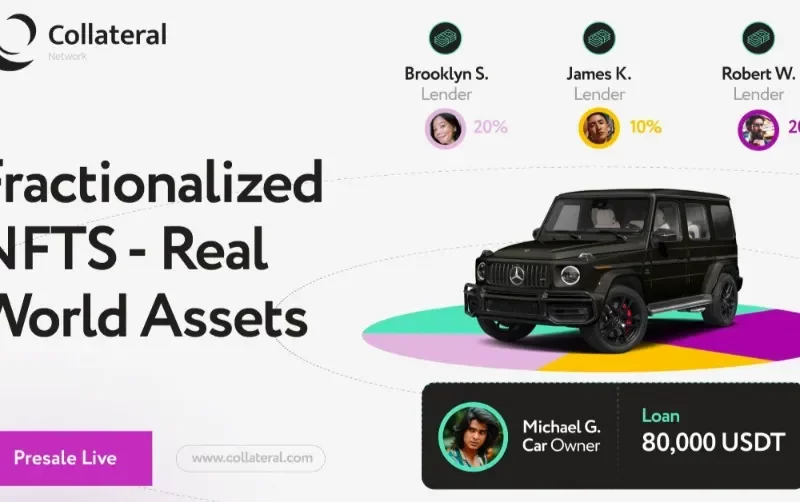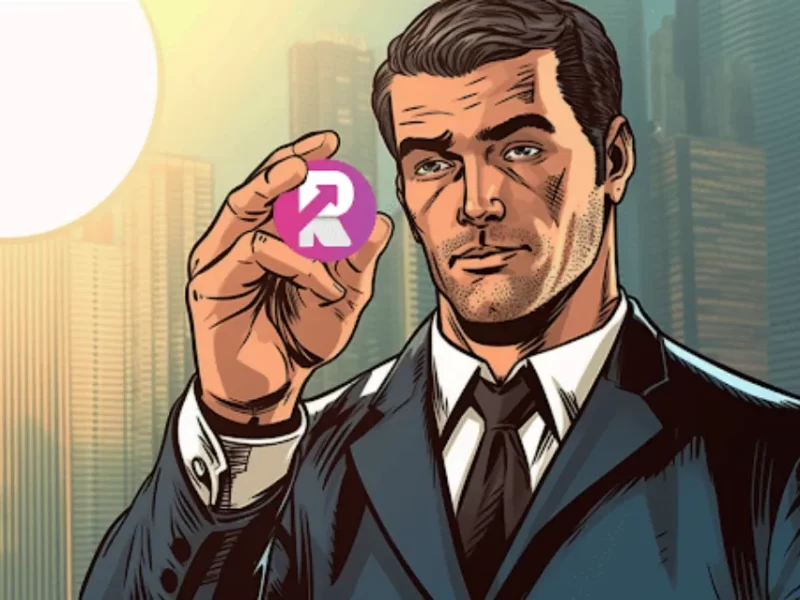Solana is equipped to function as a payment network that can compete with credit cards.
Square, the merchant payment platform from Block (SQ -1.48%), has become a go-to payment solution for thousands of businesses big and small. The network can accept Visa, Mastercard, American Express, and Discover credit and debit cards, making electronic payments easy for businesses.
However, in the future, these payments might be transferred to a blockchain that is more affordable and quicker than credit and debit cards are right now. Is Solana (SOL 7.54%) the future payment network that could surpass Square?
The True Cost of Digital Payments
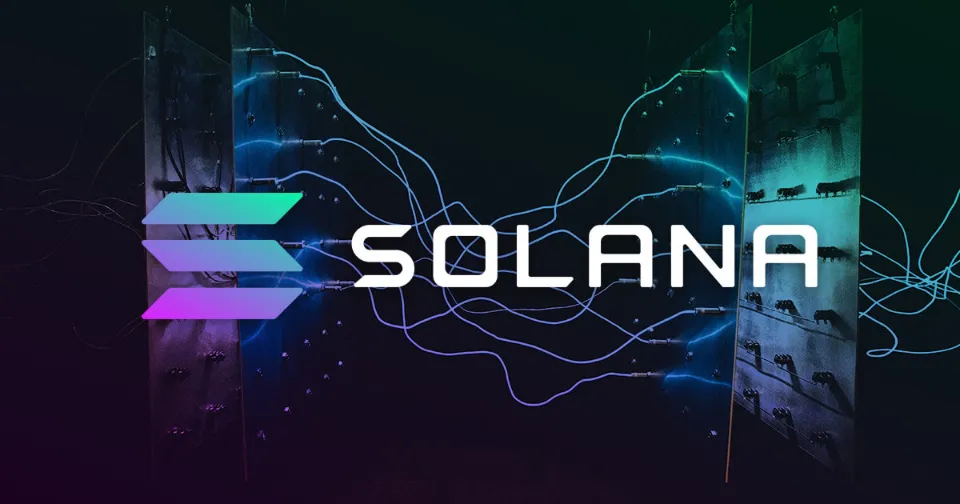
2.6% of each transaction’s value in addition to a flat $0.10 fee make up Square’s standard fees. So, if you spend $100 at a merchant that accepts credit cards with Square, they only keep $97.30 of that transaction. Along with banks and credit card companies, these fees are paid to businesses like Block.
Future payment methods could also be accepted on Solana and directed to a digital wallet, which would be quicker and more cost-effective. The costs are straightforward. The Solana blockchain charges less than $0.01 for each transaction, and the provider of the payment interface, such as Square, may charge an additional fee on top of that. But costs could be a fraction of what we pay today.
This is the key benefit that the blockchain offers payment networks. By utilizing a public blockchain, it is affordable and simple to scale. It is accessible to everyone and does not require the use of any proprietary networks or applications.
Time is Money
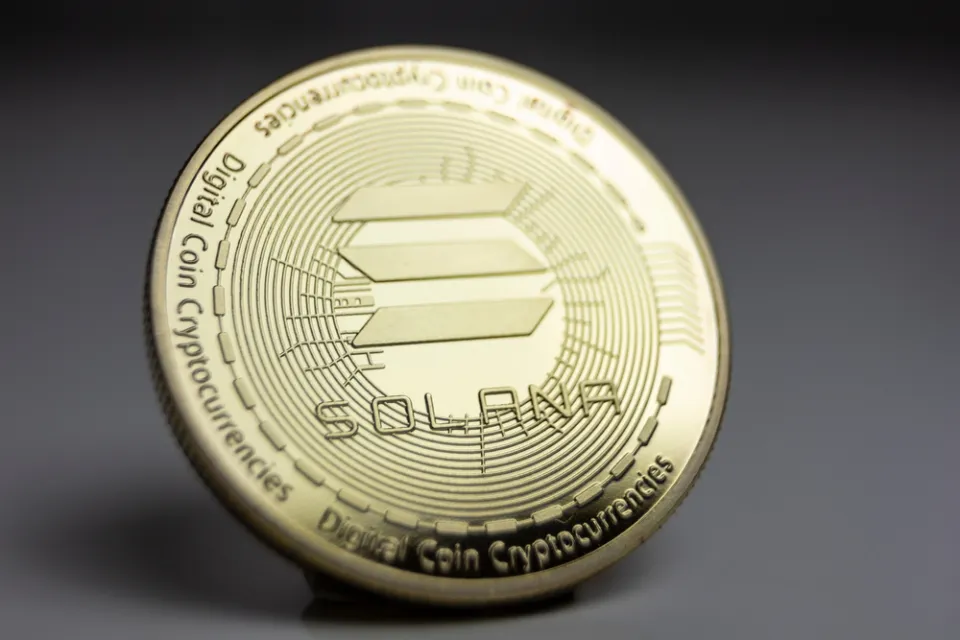
Credit card transactions typically settle in two business days, so if a company accepts a credit card on Saturday, it won’t receive payment until Tuesday or Wednesday. It’s difficult to put into words how long that period of time can be for a small business with bills to pay.
Solana’s time to settlement can be measured in seconds. And the money is immediately available for other purposes. This might not be a big deal for publicly traded companies with a sizable balance sheet, but for small businesses with limited resources, it might be a significant change.
Tools for Building
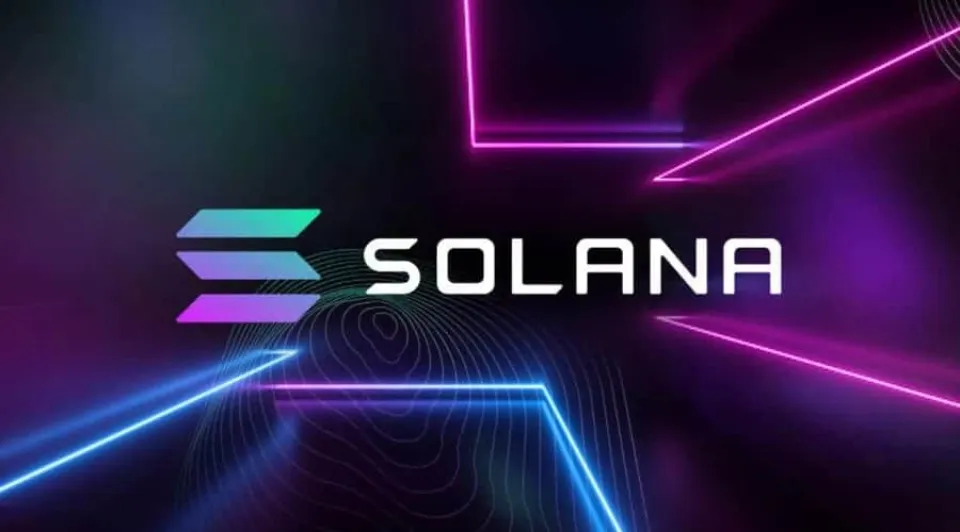
Composability is yet another benefit of the blockchain. As a result, blockchain components can be stacked one atop the other like blocks of concrete. Anyone can deploy and use smart contracts on the blockchain, which can make it simpler for developers or businesses to add the functionality they require.
In this respect, a single company like Block or Visa doesn’t need to build the entire payment stack. Small components can be built by small developer teams. Perhaps one business will develop a digital asset, like a loyalty card, while another has built a payment interface and a third provides lending tools.
It just requires developers to use the many of these tools that already exist.
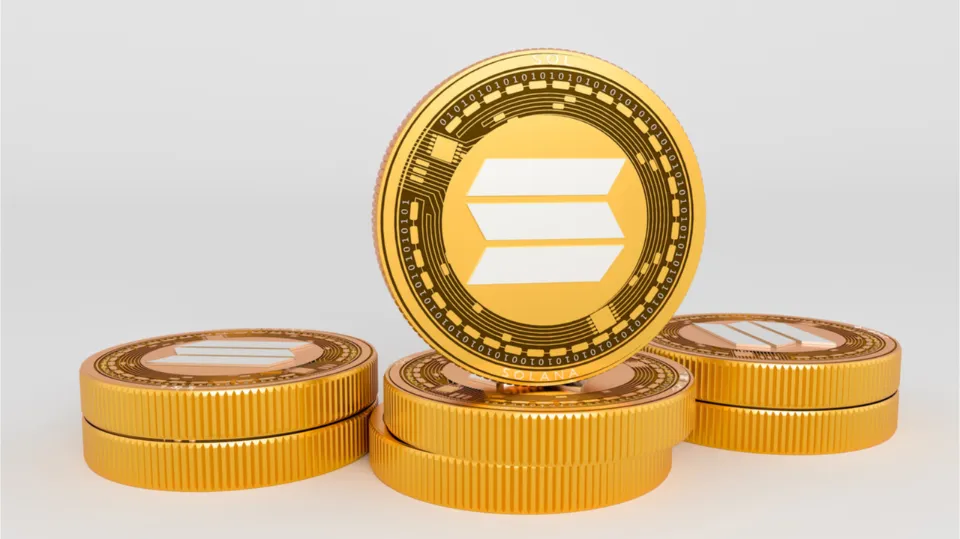
Solana’s Future
The Solana blockchain will likely become a popular one for payment companies to build on in the future due to its affordability and speed. It may take time, and developers need to make it possible to pay for goods and services without the friction of crypto wallets, a change that’s coming slowly but surely. And for Solana, that is very bullish.

